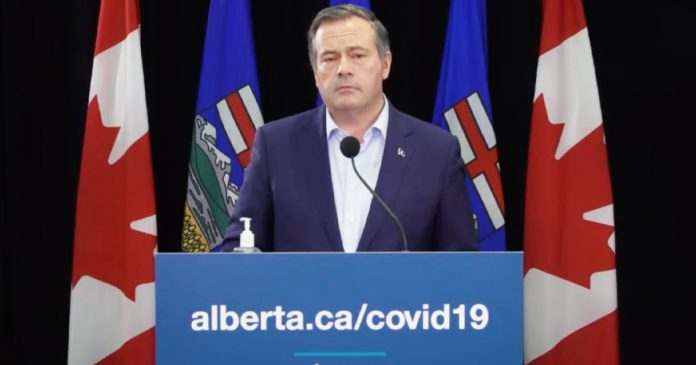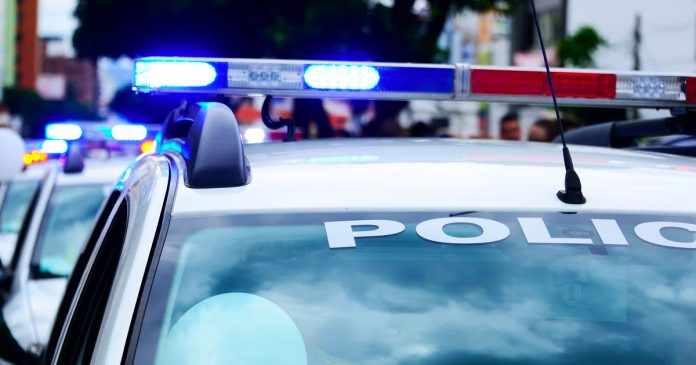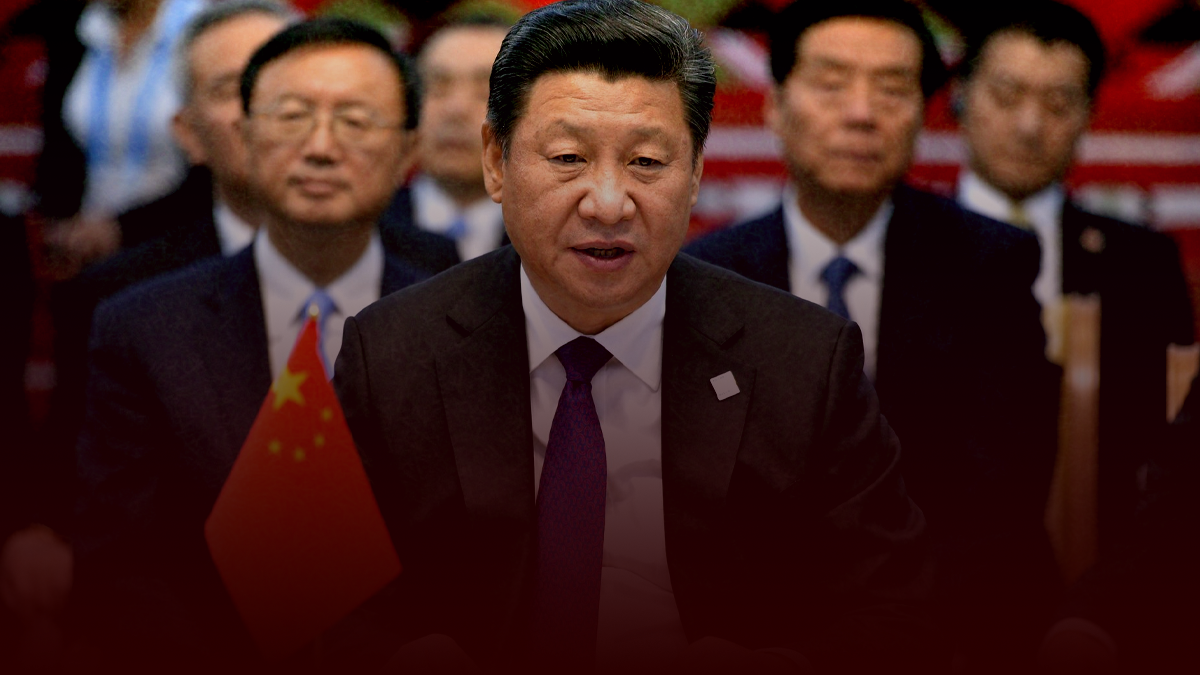Couples looking to tie the knot in Oakville, Ont. are required to be fully vaccinated against COVID-19.
The Town of Oakville said in a statement that starting Sept. 22, people have to provide identification and proof of vaccination or a valid exemption prior to an appointment for a marriage license or a ceremony. Appointments for marriage licenses and ceremonies that have been booked prior to Sept. 22 will not require proof of vaccination.
While marriages will be able to be held inside Oakville Town Hall as of Nov. 4, the Town of Oakville said the request for proof of vaccination applies to indoor use of recreation and culture facilities and the ServiceOakville counter at Oakville Town Hall.
The vaccine mandate applies to people who are 12 years old and older and individuals who do not show proof of vaccination or fail to provide an approved exemption will be barred from entering the facilities and participating in indoor programming.
“The town’s requirements exceed the province’s proof of vaccination regulations in an effort to provide added protection to our community and town staff from COVID-19,” said the Town of Oakville.
Residents of Oakville are not the only ones affected by the town council’s vaccine mandate. Town of Oakville employees, members of Oakville Town Council, any person representing or acting on behalf of the town, contractors and tenants are also required to be vaccinated.
In September, the Ontario government unveiled its own vaccine passport system, which requires Ontarians to be fully vaccinated and provide proof of vaccination to access certain businesses and settings.
The Ontario government also enforced a vaccine mandate for anyone entering Queen’s Park.
Cambridge Member of Provincial Parliament Belinda Karahalios says the new rule will prevent her and other elected officials who are either unvaccinated or do not wish to disclose their vaccination status from criticizing the government.
“This is a disgraceful and undemocratic ruling that sets a dangerous precedent,” the New Blue Party MPP said.


























